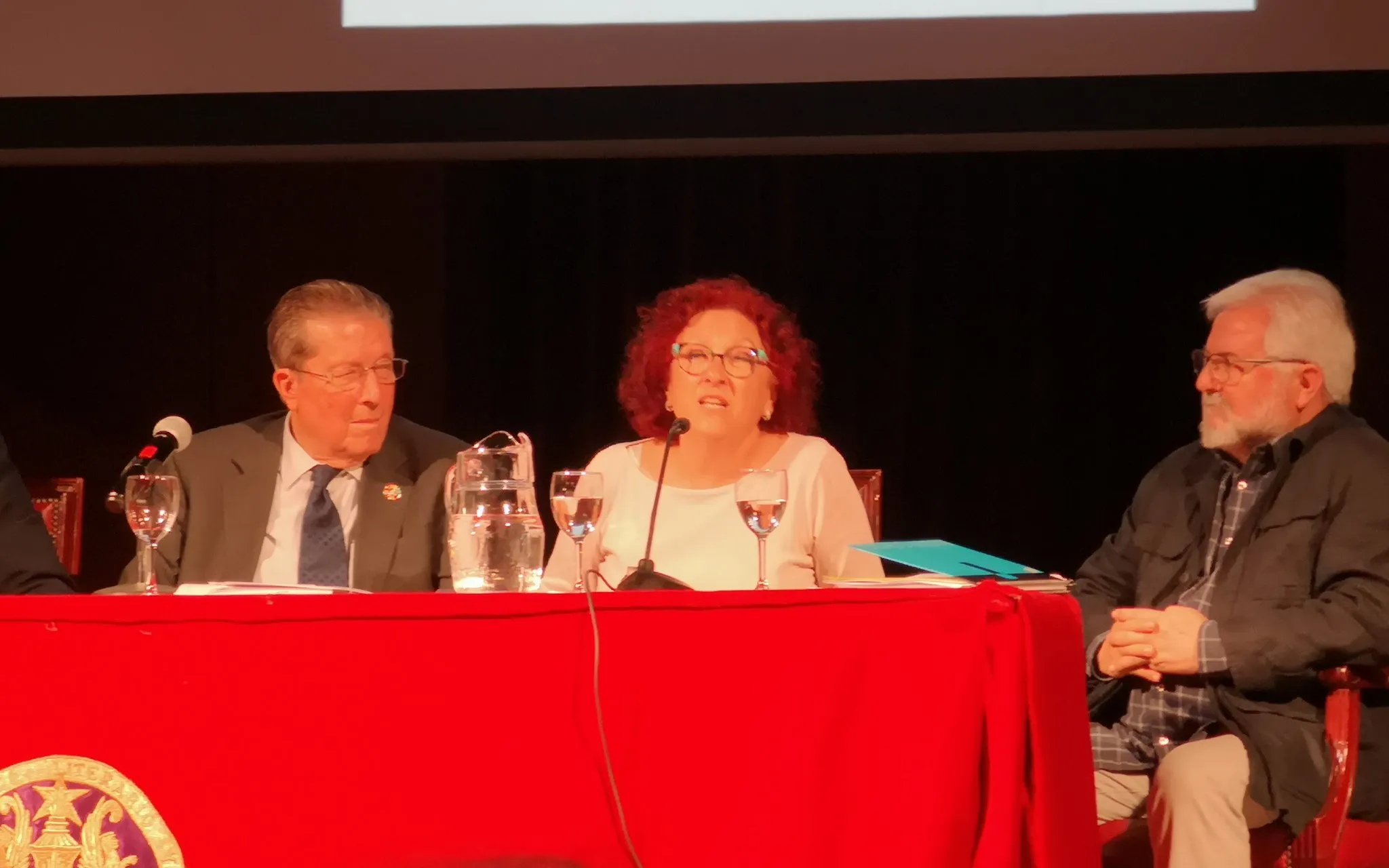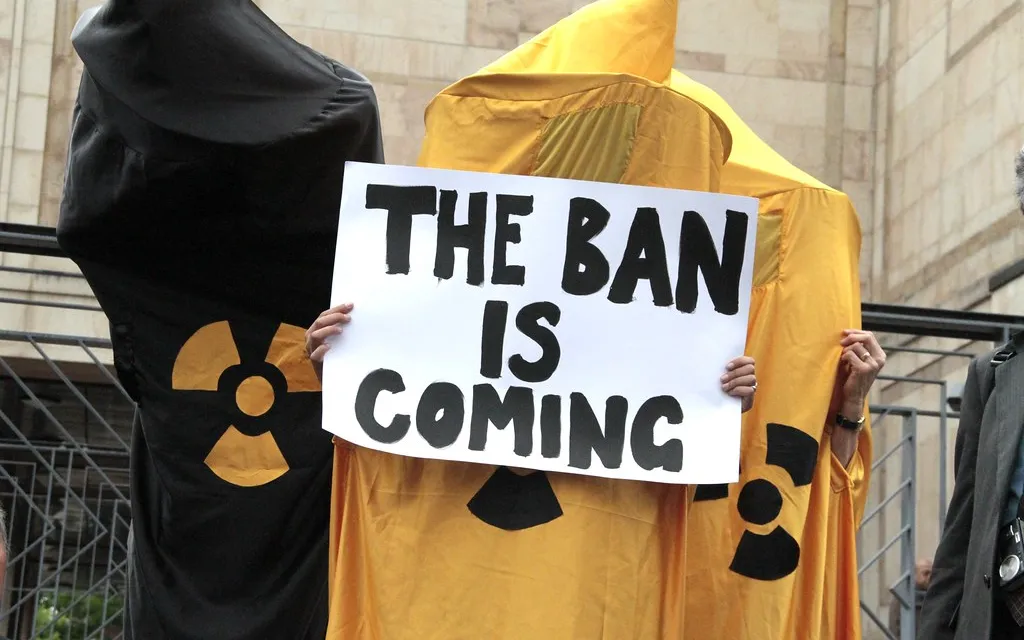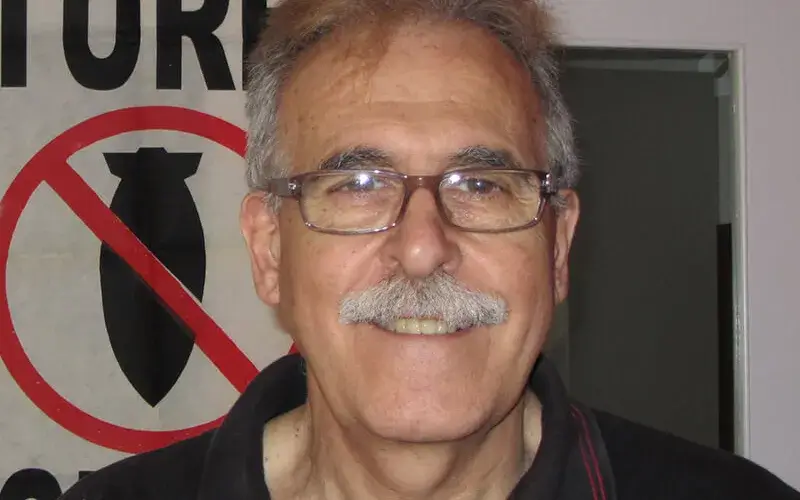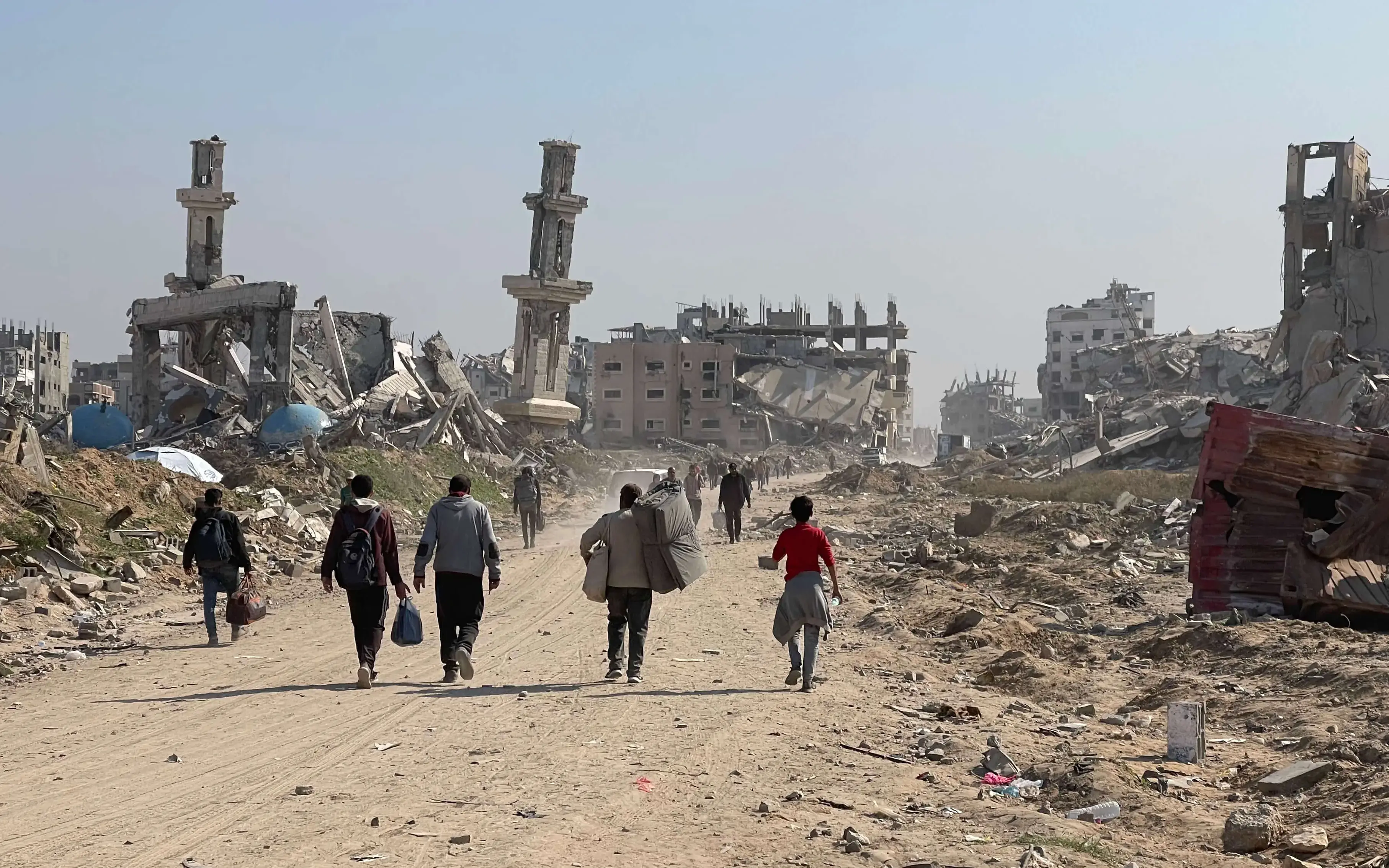Forty-five organizations from across the state have joined forces to create the Alliance for Nuclear Disarmament, which demands that the Spanish Government adheres to the Treaty on the Prohibition of Nuclear Weapons (TPNW).
The nuclear threat has ceased to be a relic of the Cold War and has become a real possibility that no one dares to dismiss today. The Russian invasion of Ukraine has awakened the latent specter of nuclear catastrophe, a scenario that until recently seemed improbable but is becoming increasingly plausible with each passing day, fueled by the bravado of the Kremlin's leader, Vladimir Putin, and statements like those of the President of the United States, Joe Biden, who has not missed the opportunity to raise the nuclear scare by warning that "nuclear Armageddon is closer than ever" since the Cuban missile crisis in 1962.
Nevertheless, there are many individuals, organizations, and collectives around the world who persist and have been working for decades to reduce the nuclear threat to nothing and relegate it to a distant memory. It has not been an easy task, as those who warned about the consequences of a nuclear disaster were often labeled as alarmists and doomsayers.
"For all of us who have been denouncing this danger for years, the issue of nuclear weapons was a challenging topic to work on because people considered it distant and unreal," explains Lourdes Vergés, Communications Manager at FundiPau and member of the European coordination team of the International Campaign to Abolish Nuclear Weapons (ICAN). She asserts that the war in Ukraine "has generated more tension in public opinion regarding this issue and has brought it back to the agenda."
That is why this has been an opportune moment to present the Alliance for Nuclear Disarmament, a new nationwide platform born from the union of forty-five organizations and NGOs that have joined forces to build this coalition with the aim of advancing nuclear disarmament and pressuring the Spanish government to join the Treaty on the Prohibition of Nuclear Weapons (TPNW). Among the driving entities of the alliance are Catalan organizations such as FundiPau, Centre Delàs, Escola de Cultura de Pau, and Ca la Dona, among others.
A collective effort to pave the way for nuclear disarmament
The embryo of the Alliance for Nuclear Disarmament was ICAN, which set as one of its main objectives the development of a treaty to prohibit the use of nuclear weapons on a global scale and be ratified by different countries worldwide. The intention was for the text to garner the support and endorsement of civil society, the scientific community, public figures, and parliamentarians from around the world. "ICAN articulated a whole strategy to generate a favorable public opinion towards the creation of the treaty and to pressure all states to commit to the agreement," points out Vergés.
From the perseverance of this international initiative, which was awarded the Nobel Peace Prize in 2017, the TPNW was born, a historic agreement driven by the anti-nuclear movement that was adopted on July 7, 2017, at the United Nations General Assembly with one hundred and twenty-two votes in favor. However, nuclear powers and some of their allies declined to participate in the vote.
In October 2020, just over three years after its creation, the treaty reached the required fifty ratifications for its entry into force. This milestone was achieved on January 22, 2021, when the agreement became fully effective. To date, ninety-two countries have signed it, and sixty-eight are state parties.
Following its entry into force, the Alliance for Nuclear Disarmament began to take shape. Through campaigns like the one called '10 Reasons to Sign the TPNW,' they started working to urge the Spanish government to join the agreement or, at the very least, attend as an observer country at the first Conference of States Parties held in Vienna in June 2022, as Germany did, for example.
Although this was not achieved, the coordination among entities in Spain strengthened and bore fruit in the creation of the Alliance for Nuclear Disarmament, which is now a reality and involves the participation of forty-five organizations. 'One of the most interesting aspects of this reality is that it brings together very diverse entities, not only peace or anti-militarist organizations but also others from different areas such as human rights defense, feminism, or environmentalism,' points out the member of FundiPau.
In this way, the alliance is the sum of efforts to articulate a clearer and more forceful position to demand that the Spanish executive not turn a blind eye and adhere to the TPNW. 'It is a qualitative step to assume the leadership of this demand and increase advocacy actions coinciding with the fact that Spain will hold the presidency of the Council of the European Union this second semester of 2023,' adds Vergés.
A more inclusive and effective treaty that the Spanish government does not endorse
Given this context, what is Spain's position regarding the TPAN? If we look at the Spanish population, the opinion is very clear, according to the results of a survey conducted in November 2020 by YouGov, at the request of ICAN, which revealed that 89% of the population believes that their government should join the treaty, and 78% believe that Spain should be among the first NATO countries to join, even if it had to face pressure from its allies.
However, as Lourdes Vergés makes clear, the opinion of the Spanish government is far from the majority opinion of the population: 'the government's position is exactly the same as that of NATO, which is based on considering the TPNW as an unnecessary tool because the Treaty on the Non-Proliferation of Nuclear Weapons (NPT) already exists, which is supposed to establish mechanisms and provisions that should theoretically lead us towards nuclear disarmament, which is not the case.'
In this sense, some evidence that shows the failure of the NPT in its mission is that nuclear powers have increased in recent years and that nuclear weapons, although they have decreased in quantity due to the dismantling of obsolete arsenals, are more powerful and sophisticated than years ago. In addition, the NPT, dating back to 1968, does not address important aspects that the TPNW takes into account, such as decontamination, victim assistance, or the gender perspective in the nuclear disarmament issue, among others.
Nevertheless, NATO not only continues to maintain that the NPT is perfectly valid but has gone further and made moves to sabotage the implementation of the TPNW, pressuring states not to sign it.
Regardless, the truth is that the TPNW has made its way and has continued to gather support to the point of reaching ninety-two signing countries. Inspired by treaties that were articulated to end anti-personnel mines or cluster bombs, the TPAN 'is much more inclusive and ensures better results and monitoring of progress towards disarmament,' asserts Vergés.
In summary, the creation of the Alliance for Nuclear Disarmament represents another step in the strategy, on a Spanish state scale, towards a world free of nuclear weapons. An objective that, according to its promoters, will only be achieved by expanding the public opinion base against nuclear armament, by pressuring countries that have not yet adhered to the TPAN, and, as Vergés states, 'by advancing the discrediting and stigmatization of nuclear weapons'.








Add new comment